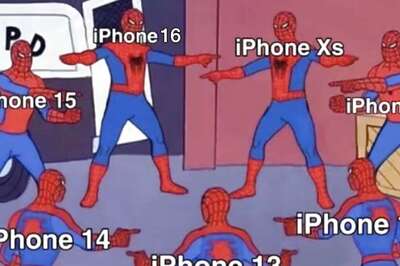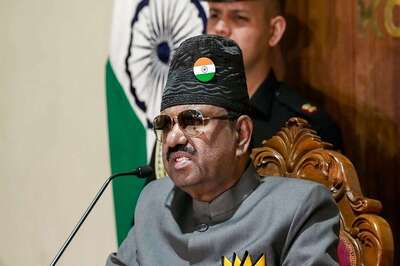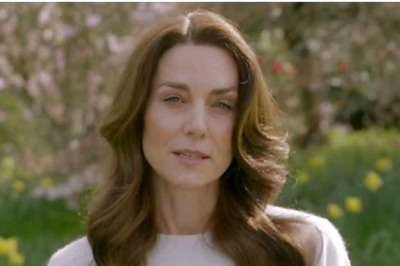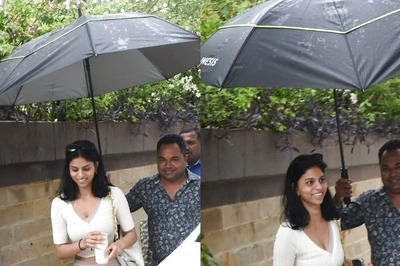
views
The government has asked Serum Institute of India (SII) and Bharat Biotech, makers of the two vaccines currently in use in India, to lower their prices, news agency PTI reported on Monday, quoting official sources.
The move came ahead of India’s move to expand its drive to include all adults from May 1 under a liberalised and modified vaccination policy. It also came amidst a controversy over the prices announced by the two makers for the next phase. While some argue the prices are on the higher side, others demand one price for one nation.
The new prices — announced by the companies recently — will be applicable only for those between 18 and 45 years after the government starts inoculation for them from May 1. The government has said free vaccination for those above 45, and health care and front line workers at government hospitals will continue, as is the practice now. “Vaccination drive to continue as before, providing free vaccination for essential and priority populations as defined earlier i.e HCWs, FLWs and population above 45 years,” the government said in an April 19 statement.
SII, which makes Oxford-AstraZeneca’s Covishield in India, fixed the prices at Rs 400 a dose for state governments and Rs 600 a dose for private hospitals. It currently charges the central government Rs 150 per dose for the existing supplies. “Covishield is the most affordable COVID-19 vaccine available in the market today,” SII has said. The initial prices were kept very low globally as these were based on advance funding given by those countries for at-risk vaccine manufacturing, the company maintains.
Bharat Biotech, which makes Covaxin, has fixed the prices at Rs 600 per dose for state governments and at Rs 1,200 per dose for private hospitals. In a statement, Bharat Biotech chairman and managing director Krishna M Ella has said the company is supplying the vaccine to the central government at Rs 150 per dose. Bharat Biotech has defended the price tag and said Covaxin is an inactivated and highly purified vaccine — which makes manufacturing expensive due to very low process yields.
Many states have objected to different prices of the vaccines, with Delhi chief minister Arvind Kejriwal saying this is not time for profiteering. The government has clarified that vaccine-makers can sell 50% of what they produce directly to states and private players from May 1, while the rest will have to go to the Centre for the ongoing government-sponsored campaign that will remain limited to those above 45 years, and health care and frontline workers.
Read all the Latest News, Breaking News and Coronavirus News here. Follow us on Facebook, Twitter and Telegram.




















Comments
0 comment